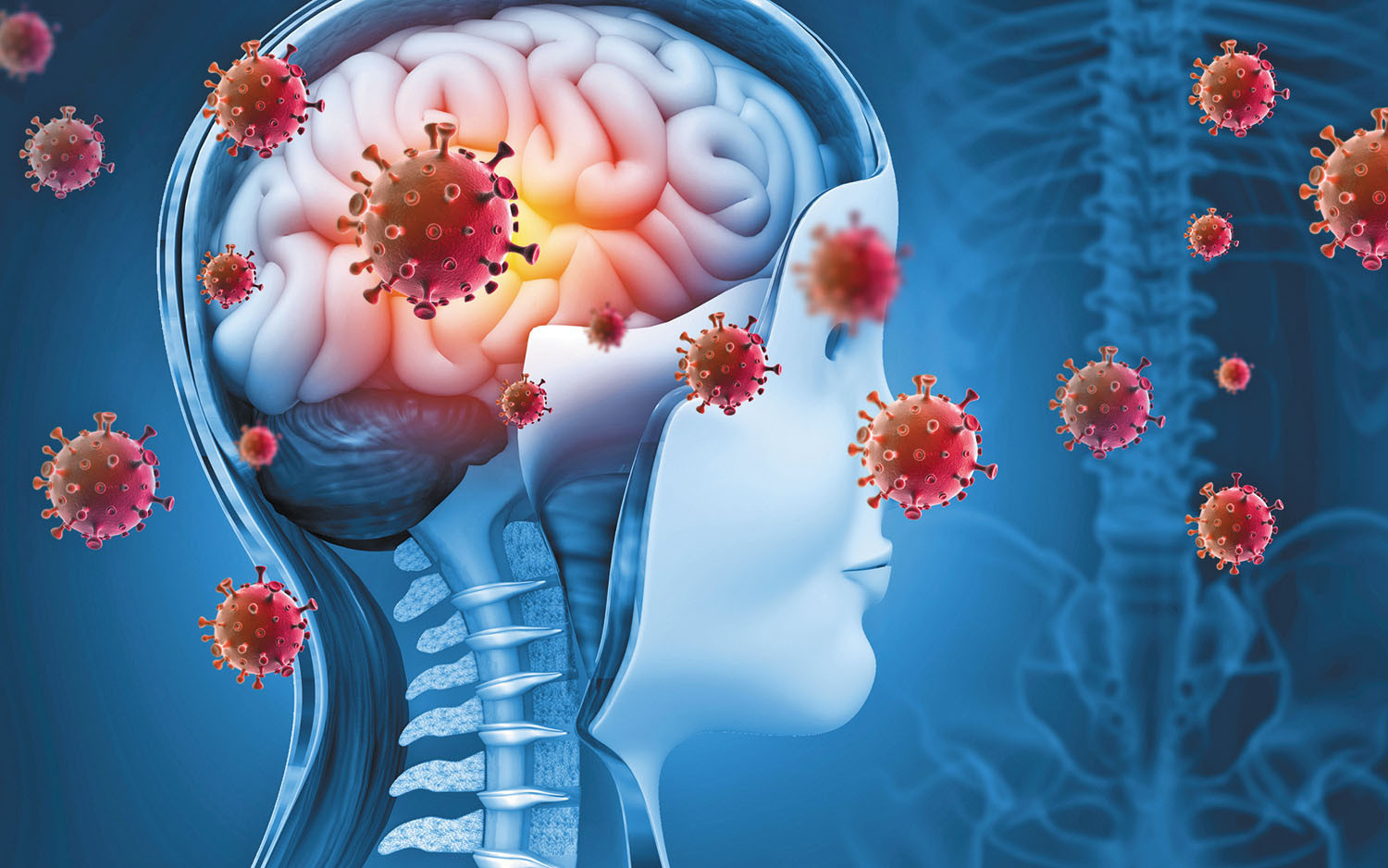
Avocado nutrition: Health benefits and easy recipes

Swimming lessons save lives: What parents should know

Preventing and treating iliotibial (IT) band syndrome: Tips for pain-free movement

Wildfires: How to cope when smoke affects air quality and health

What can magnesium do for you and how much do you need?

Dry socket: Preventing and treating a painful condition that can occur after tooth extraction

What happens during sleep �� and how to improve it

How is metastatic prostate cancer detected and treated in men over 70?

Could biofeedback help your migraines?

What is autism spectrum disorder?
Brain and Cognitive Health Archive
Articles
Monitoring blood pressure at home? Make sure you follow these steps
Your doctor may ask you to track your blood pressure at home to help decide if you need to start taking medication or to track your response to treatment. Here's how to get accurate readings.
Orienteering: Great exercise and better thinking skills?
The navigation sport orienteering combines map and compass reading with exercise. It's a fun way to get outside and get some exercise — and it may even help fight cognitive decline.
Even a little socializing is linked to longevity
In a 2023 study of more than 28,000 older adults, those who reported socializing the most frequently lived the longest, compared with people who said they didn't socialize.
Some obesity-related brain changes similar to those with Alzheimer's
A 2023 study suggests that some brain changes in people with obesity appear similar to those that occur in people with Alzheimer's disease, the most common cause of dementia.
How to recognize and respond to a "warning" stroke
A transient ischemic attack (TIA) can cause a range of unsettling symptoms, including slurred speech or arm weakness. The symptoms appear suddenly but usually last less than five minutes, which is why TIAs are often ignored or missed. However, two of every five people with a suspected TIA who get an appropriate brain imaging test find out that they actually had a stroke. Recognizing the symptoms and seeing emergency care right away is vital. The mnemonic BE-FAST (which stands for balance, eyes, face, arms, speech, and time) was designed to help people identify the symptoms of a TIA or stroke and to act quickly.
Managing stress and eating leafy vegetables may protect the brain
Two studies found that managing stress and eating a plant-based diet with at least seven servings of leafy green vegetables per week can help improve cognitive function and protect against Alzheimer's disease, respectively.
Can varied social interactions boost well-being?
A 2022 study suggested that having diverse social interactions is linked to improved happiness and well-being. In other words, it appears to be helpful to interact with family, friends, acquaintances, and even strangers; the more varied the interactions are, the better.
Eating ultra-processed foods tied to cognitive decline
A 2022 study of 11,000 dementia-free people found that middle-aged participants who ate the most junk food had a faster rate (up to 28%) of cognitive decline, compared with those who ate the least junk food.
Does COVID-19 damage the brain?
COVID-19 can damage the brain in many ways. Initially, it can cause brain inflammation that causes confusion, difficulty concentrating, and memory problems. COVID also can cause new psychological disorders such as depression or anxiety. It can even cause people to see and hear things that aren't there and to believe things that aren't true. COVID often damages the brain's autonomic nervous system, leading to abnormalities in heart rate and blood pressure. Additionally, the virus that causes COVID can infect and injure the lining of blood vessels and make blood clot more easily, which can lead to strokes and heart attacks.
Short on slumber
Most adults need seven to nine hours of sleep each night, but more than one-third consistently sleep fewer than seven. Reasons for poor sleep include pregnancy, menopausal night sweats, medication use, sleep disorders, and various illnesses. Sleep deprivation can raise the risks for such conditions as diabetes, certain cancers, obesity, dementia, depression, and heart disease. To promote sounder sleep, people can keep consistent sleep-wake schedules, reduce intake of caffeine and alcohol, and avoid using electronic devices before bed.

Avocado nutrition: Health benefits and easy recipes

Swimming lessons save lives: What parents should know

Preventing and treating iliotibial (IT) band syndrome: Tips for pain-free movement

Wildfires: How to cope when smoke affects air quality and health

What can magnesium do for you and how much do you need?

Dry socket: Preventing and treating a painful condition that can occur after tooth extraction

What happens during sleep �� and how to improve it

How is metastatic prostate cancer detected and treated in men over 70?

Could biofeedback help your migraines?

What is autism spectrum disorder?
Free Healthbeat Signup
Get the latest in health news delivered to your inbox!
Sign Up











